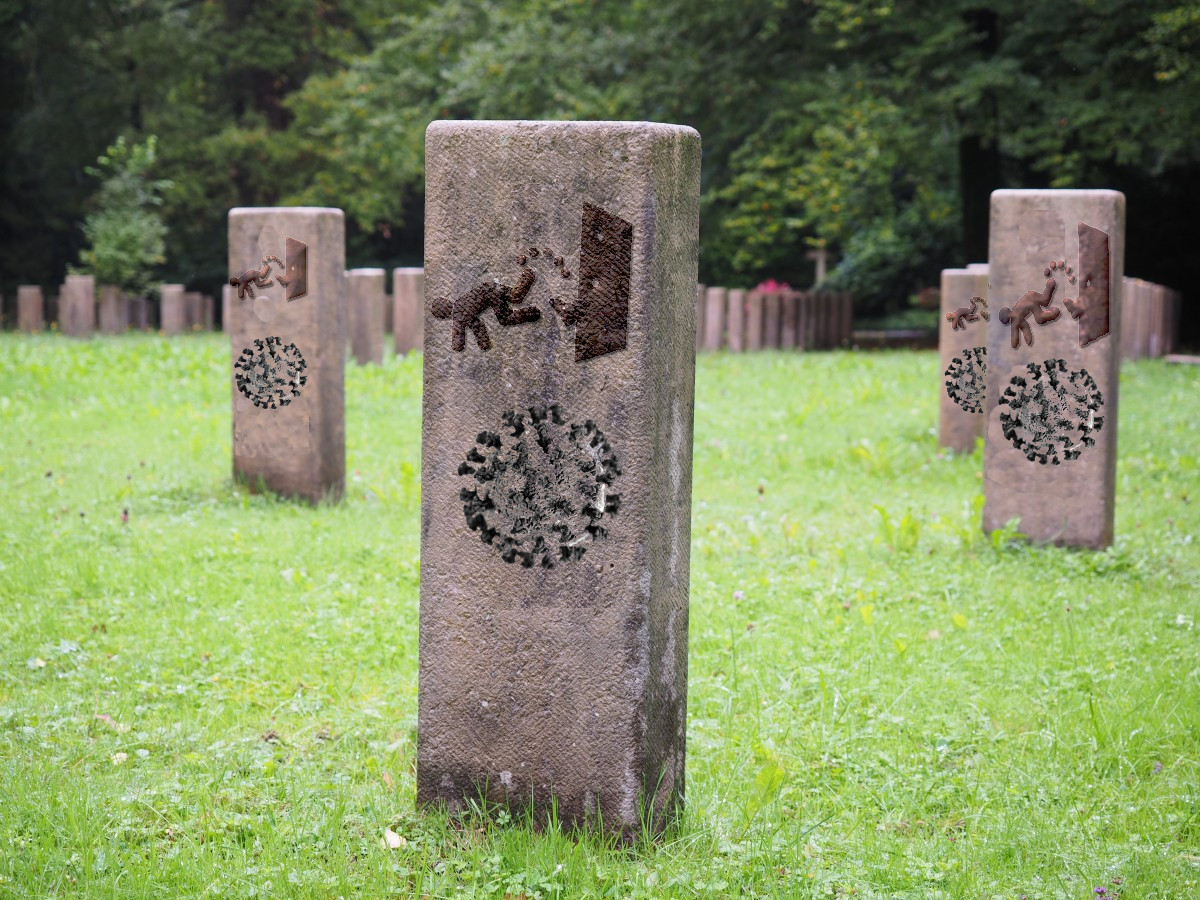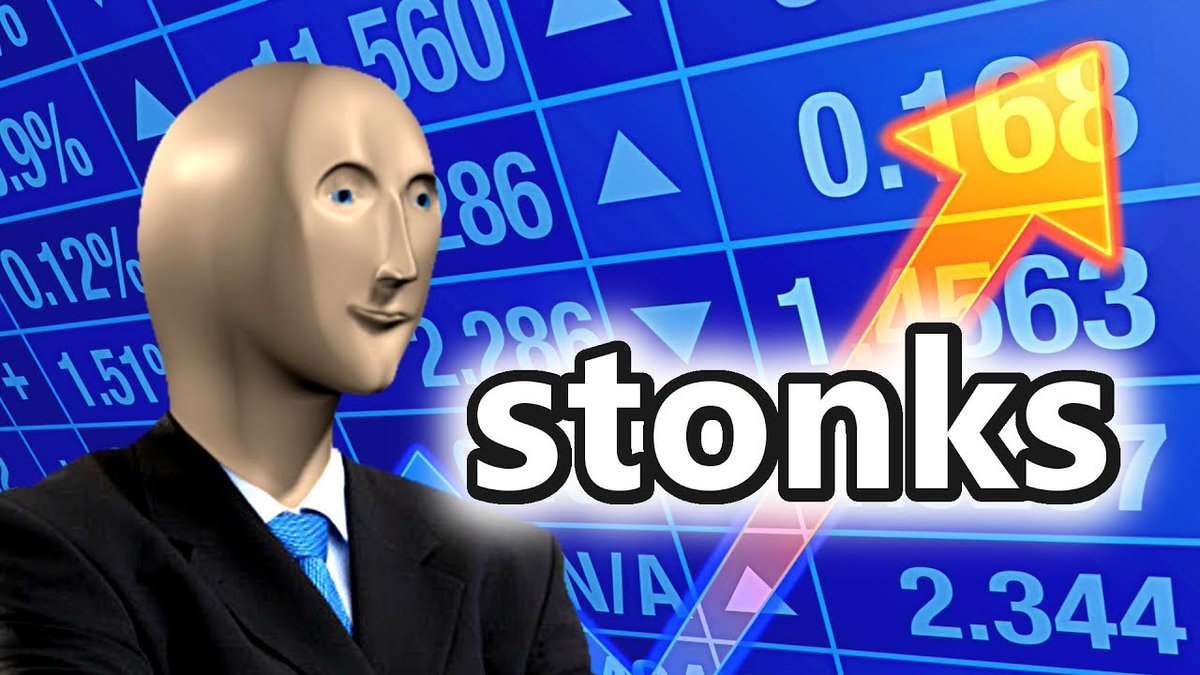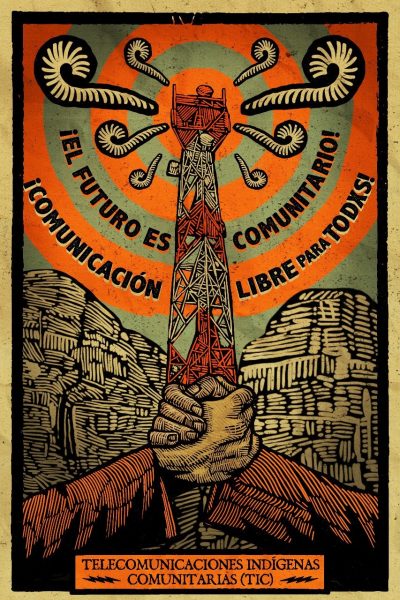
"Public health" isn't just about vaccinations, clinics and urgent care: it's a holistic discipline that encompasses all the contributors to health outcomes, which include things like housing, employment, transportation, pollution and more.
1/
1/

A new working paper from @nberpubs estimates the number of US covid deaths that could have been prevented with a coherent, effective eviction moratorium and a ban on utility cutoffs: 164,000.
nber.org/system/files/w…
2/
nber.org/system/files/w…
2/
The paper, written by a multidisciplinary group of Duke researchers from medicine and economics, found that housing precarity (a risk of losing your home) drove risky behavior that increased the spread of the disease and the resulting deaths.
3/
3/
For example, it forced people to double-up on lodgings, making social distancing impossible, to say nothing of self-isolating after an exposure. It also drove people to tolerate high-risk workplace conditions, including illegal conditions.
4/
4/
The authors used regression techniques to control for confounding variables, and used like-for-like counties with different utility and eviction policies to estimate the effect that these had on infection rates.
5/
5/
"Public health" is a notion that challenges the very foundation of neoliberal ideology, which says that all outcomes are the results of your individual choices - that your right to swing your arm ends at the tip of my nose.
6/
6/
Public health says that our decisions about treating covid (and other health issues) affect all of us - that the system matters more than individual choices.
7/
7/
Public health says that we're all in the same swimming pool. Neoliberal choice theory says that if some of us want to piss in the pool, we can just create a "pissing" and a "no pissing" end.
8/
8/
And that the answer to the yellowing of both ends is to make the pool longer, and that the market opportunity is to charge people who want to swim in the no pissing end to use the toilets and fine them if they can't afford the charge.
9/
9/
Because here's the kicker: although covid mostly kills poor, racialized and otherwise marginalized people, it doesn't do so exclusively. Even people who can afford high quality care and thus recover face unknown, long-term health consequences.
10/
10/
Keeping rentiers' income streams intact by allowing evictions made us ALL sicker, put us ALL at risk. Even the landlords.
Treating system problems as a matter of personal choice is like telling people to recycle harder to avert the climate emergency.
11/
Treating system problems as a matter of personal choice is like telling people to recycle harder to avert the climate emergency.
11/
The parochial gains to the minute class of landlords came at the expense of mass-scale, social costs - human lives, human misery, widespread infection, and traumas and waste that will drag us down for decades to come.
12/
12/
Image: Luis Prado (modified)
thenounproject.com/term/eviction/…
CC BY
creativecommons.org/licenses/by/4.…
eof/
thenounproject.com/term/eviction/…
CC BY
creativecommons.org/licenses/by/4.…
eof/
• • •
Missing some Tweet in this thread? You can try to
force a refresh










